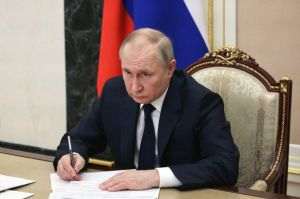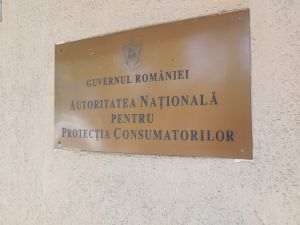The authorities in Bucharest intend to ask for compensation from the European Commission, due to the significant differences in energy prices between Eastern and Western Europe, the Minister of Energy, Sebastian Burduja, said yesterday, during the South East Europe Green EPC event.
The Energy Minister pointed out that prices in our region are much higher than those in Western Europe due to several factors, including unfavorable weather conditions and interconnection problems.
Sebastian Burduja stated: "We are very concerned about what is happening on the energy market. There are several months when, unfortunately, prices in our region are significantly higher than in Western Europe. That depends on several factors. Of course we are talking about a dry year, lower hydro production, we are talking about problems in the interconnection area, maintenance on certain lines in Hungary, we are talking about reduced capacity in Austria, transfer/export of cheaper electricity from Western Europe to the east of Europe".
The Minister of Energy drew attention that Romania, together with other states in the region, such as Greece and Bulgaria, will put on the agenda of the Council of Ministers the need for solutions to compensate for these price differences. "It's not just some people who can pay the bill and we can tolerate prices two, three times higher than in the rest of Europe forever, which is why I will bring this subject to the attention of the Council of Ministers at European level and, together with Greece, Bulgaria , with all others concerned, we will have to define some quick solutions by which we must be compensated for these price differences. That seems right and normal to me," he added.
Burduja reiterated support for the expansion of the single European energy market, noting that an increase in interconnection capacities is essential to ensure equity in the distribution of benefits and costs in the common energy market.
• The German government, unhappy with the increase in energy prices
According to an article published yesterday on the website Euractiv.com, in order to avoid future increases in electricity prices the German government is exploring a significant change in its energy market management policies. The quoted source states that, after more than two decades of liberalization, the German authorities are now moving towards a more interventionist model, which would involve the implementation of "capacity markets" with fixed energy prices. This step is part of a strategy to ensure the stability and security of energy supply in the long term.
It appears that the success of Germany's liberalized market has come to an end, and Berlin is looking for new ways to regulate the energy market. "Germany is moving in the direction of deliberalization of the market in many areas," Christoph Maurer, a German electricity expert and managing director of the consulting firm Consentec, told the quoted source. The process began as a temporary solution in February 2023 by supporting gas plants, but quickly became a hotly debated topic in German political circles.
In August, the Berlin Ministry of Economy presented an "options document" for the reform of the electricity market, a document that proposes a mix of liberal and centralized elements, following similar models from other EU member states.
The cited source says Germany is at a turning point in its energy policy and that moving from a fully liberalized market to a mixed model with centralized capacity markets could ensure security of supply and price stability in the long term long. However, the challenges are considerable, and the success of this transition will depend on how well the German government manages to balance national and European needs.




























































